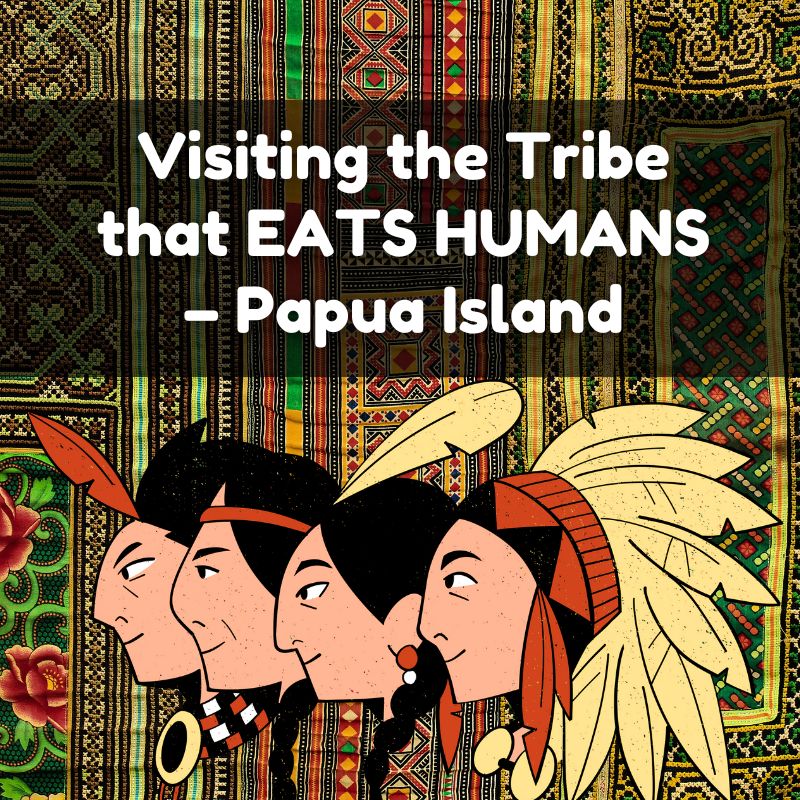
eep in the remote highlands of Papua Island, Indonesia, lies one of the most isolated and misunderstood tribes on Earth—the Korowai. This tribe, known for their treehouse dwellings towering up to 50 feet above the ground, has long been associated with cannibalism. The Korowai remained unknown to the outside world until the 1970s, and their practice of cannibalism, which shocked many, is rooted in their belief system rather than the need for food.
The Korowai tribe lives in the dense jungles of Papua, a region that has been inhabited for tens of thousands of years. Their beliefs center around a concept called khakhua, or witchcraft. They believe that illness and death are caused by evil spirits who take the form of humans. When a member of the tribe is suspected of being a khakhua, the Korowai believe they must eliminate the threat, often through cannibalistic rituals. However, it’s important to note that these practices are largely symbolic and ritualistic rather than widespread.
The tribe’s isolation has kept them untouched by modernity for centuries. Their way of life revolves around hunting, fishing, and small-scale agriculture. They construct elaborate treehouses not only for protection from wild animals but also to avoid potential conflicts with other tribes. These homes, perched high in the canopy, are an iconic feature of Korowai culture.
While cannibalism has captured the attention of the world, in recent years, many Korowai have begun to adapt to outside influences, partly due to increased contact with missionaries, government officials, and tourists. Modern technology is slowly making its way into the region, and some tribe members have chosen to move closer to towns, embracing aspects of the outside world. However, many Korowai still live in the traditional way, practicing their ancient customs and maintaining a deep connection with their land and beliefs.
Visiting the Korowai tribe offers a rare glimpse into a vanishing world, where ancient customs collide with the forces of modernity. It’s a stark reminder of how diverse human cultures can be and how, even in the 21st century, pockets of human civilization remain deeply tied to traditions that stretch back thousands of years.
